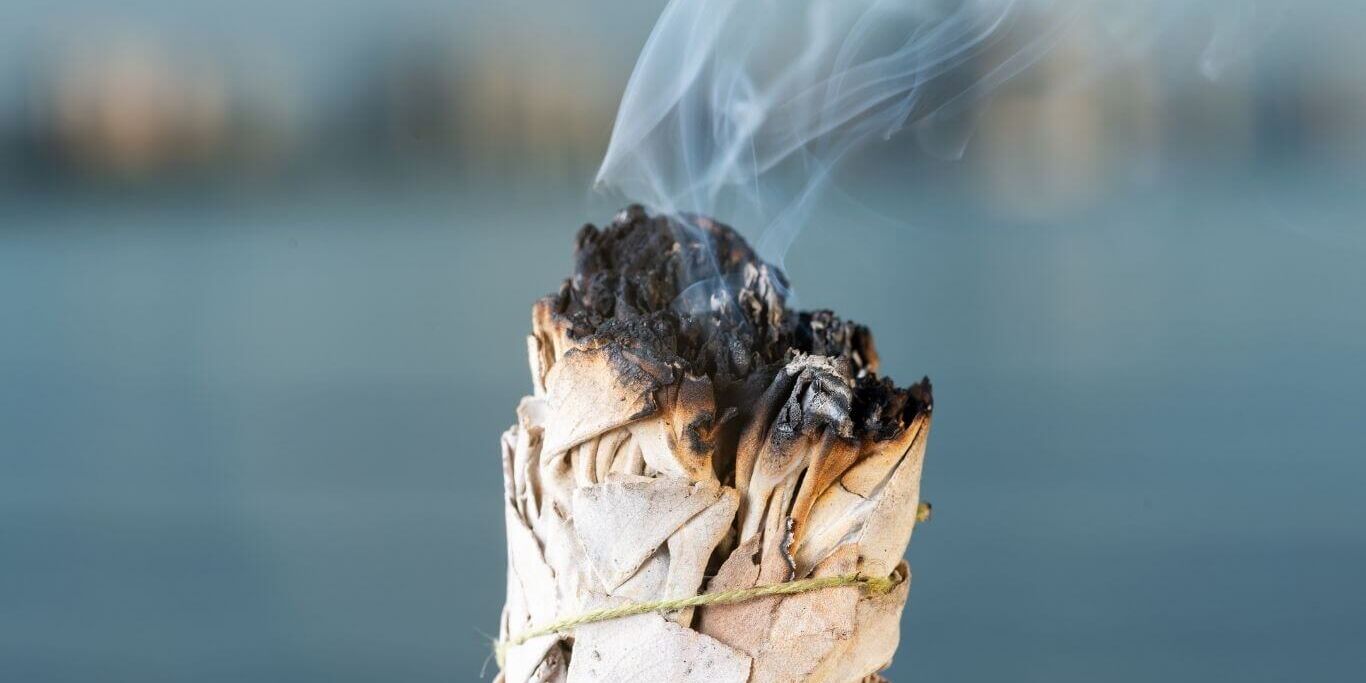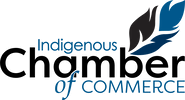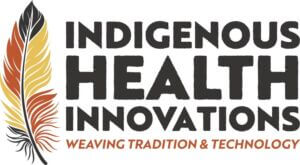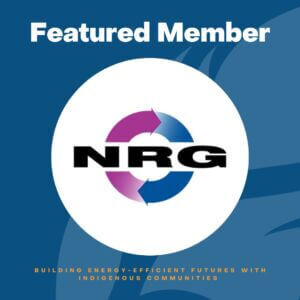by ICC Staff

Indigenous perspectives on medicine view health as more than the management of disease. Rather, it is a balance of physical and spiritual wellbeing deeply intertwined with one’s community, land, and more. For many First Nations, Inuit and Métis peoples, traditional medicines and land-based practices are core tenets of Indigenous identity and not merely a separate “alternative” to Western care.
Recognition in Policy and Practice
This holistic worldview is recognized in international and national policy. The United Nations Declaration on the Rights of Indigenous Peoples explicitly affirms Indigenous peoples’ rights to their traditional medicines and health practices, and to access culturally appropriate health services. That recognition supports community-led control over how traditional knowledge and healing are conserved and used.
Across Canada, Indigenous-led organizations and health authorities are putting those principles into practice. The First Nations Health Authority in British Columbia, for example, funds and integrates traditional wellness and ceremonial healing into health programs and promotes protection and use of traditional medicines as part of care.
Building Respectful Partnerships
Provincial and federal initiatives are increasingly partnering with communities to support land-based healing and the participation of elders and traditional healers in clinical and community settings.
Academic and policy literature point to several recurring themes: the importance of ceremony and traditional healers; the value of integrating Indigenous and Western systems where communities choose to do so; and the need for cultural and legal protections for Indigenous knowledge.
A recent review by the National Collaborating Centre for Indigenous Health (NCCIH) summarized how traditional Indigenous medicine is being used in clinical care and policy development, noting both progress and persistent gaps in recognition and respectful integration.
A Path Forward: Healing Through Balance
What does this mean for businesses and partners? First, health and commerce intersect; supporting Indigenous-led health initiatives from land-based wellness programs to culturally safe workplaces strengthen community wellbeing and economic participation. The academic literature is abundantly clear that healthier citizens translate into vibrant and more prosperous communities.
Second, partnerships must be built on Indigenous leadership, free, prior and informed consent, and respect for intellectual property and cultural protocols around medicines and knowledge. Finally, practical steps businesses can take include collaborating with local Indigenous organizations, funding community-directed wellness projects, and ensuring employee access to culturally safe care and leave for ceremonies.
Indigenous approaches to medicine are not merely an alternative to Western medicine. Instead, they recognize that healing is both personal and collective in nature. One’s personal ailments are often tied to one’s environment and to adequately care for oneself; one must recognize one’s place in the community.
As more partnerships emerge between Indigenous knowledge keepers and modern health systems, there is a growing opportunity to build care models rooted in respect and balance. Supporting Indigenous approaches to medicine is not merely a matter of preserving tradition but about strengthening the wellbeing and resilience of generations to come.
Discover how Indigenous communities are protecting generations of healing wisdom while navigating integration with modern healthcare. Connect with Indigenous leaders, experts, and policymakers addressing the urgent need to preserve traditional medicines and cultural practices.
November 28, 2025, RBC Convention Centre, Winnipeg.
Join Our Newsletter
As Manitoba's voice for Indigenous business and your partner in economic reconciliation, we connect you to opportunities that drive change. Subscribe to receive updates on Indigenous business developments, partnership opportunities, and upcoming events delivered straight to your inbox.




